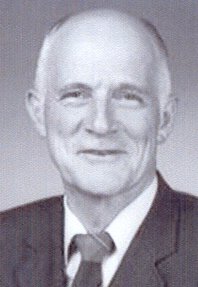Otto Dann, born in Gersdorf, Germany, in 1937. Ph.D. from the Universität Heidelberg. Professor of Modern and Contemporary History at the Universität zu Köln
Dutch Northrhine-Westphalian Fellow (1 September 2002 – 30 June 2003)
Stimulated by the DNRW project ‘Zivilgesellschaft im Vergleich’ I analysed structural developments in the Netherlands and Germany after World War II, focussing on the role of nation-state. The basic concept of my research was a historical typology of nation-states that I elaborated in the last years. My work at NIAS concentrated on the period 1945-1953. I did my analysis in three steps: first the situation in the first half of the twentieth century as the background of the post war period, then the wave of restoration nation-states in 1944-1946 and finally the huge reforms in the years 1947-1953. Some tentative results are summarized below:
The Netherlands and Germany retained the nation-state as the institutional frame of political life. Reconstruction in traditional forms – including colonialism and the traditional type of Weltanschauungspartei – was the fundamental act of regeneration after fascism.
In both countries, the political elites displayed a strong willingness to learn from history and to pursue new ways. Important steps in reform and innovation were: to break with colonialism and nationalism; to increase democracy in social, health and economic domains; to cooperate internationally and to integrate in international organisations; to disclaim national sovereignty starting with the economic and military domains. Our preliminary results show that after World War II the old concept of civil society became an effective political project. My results are in agreement with the findings by earlier NIAS Fellows working on the project, ‘Zivilgesellschaft im Vergleich’.
